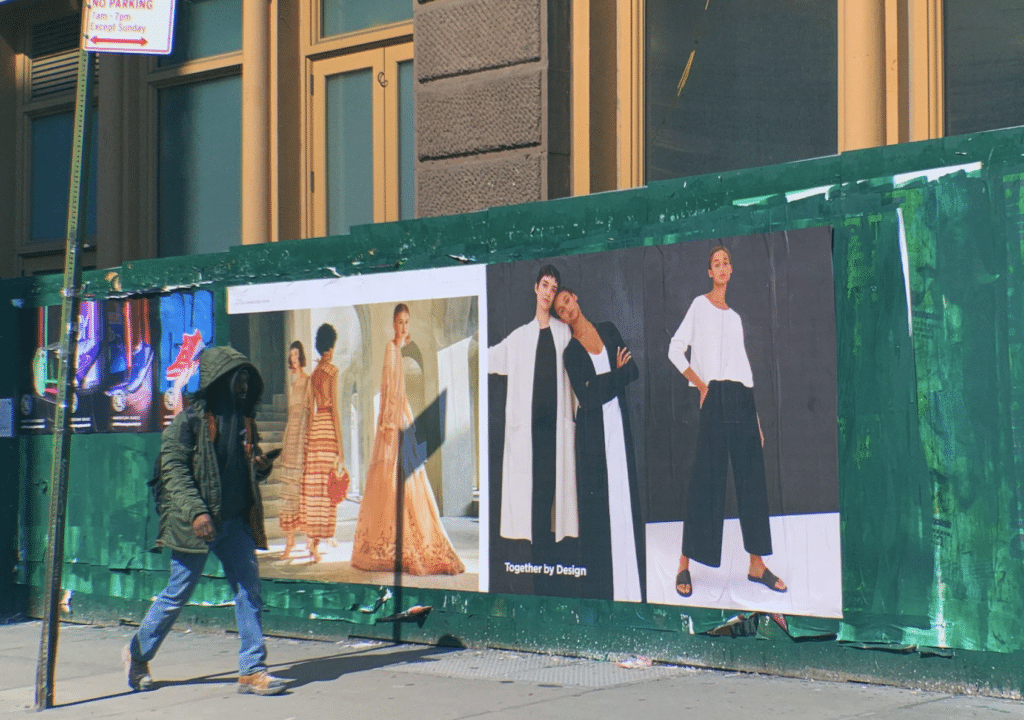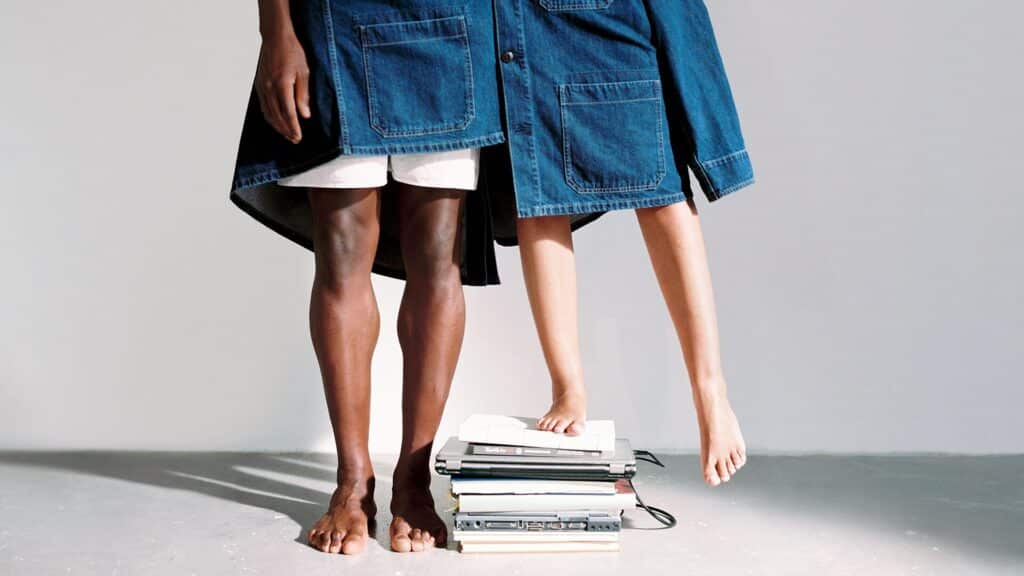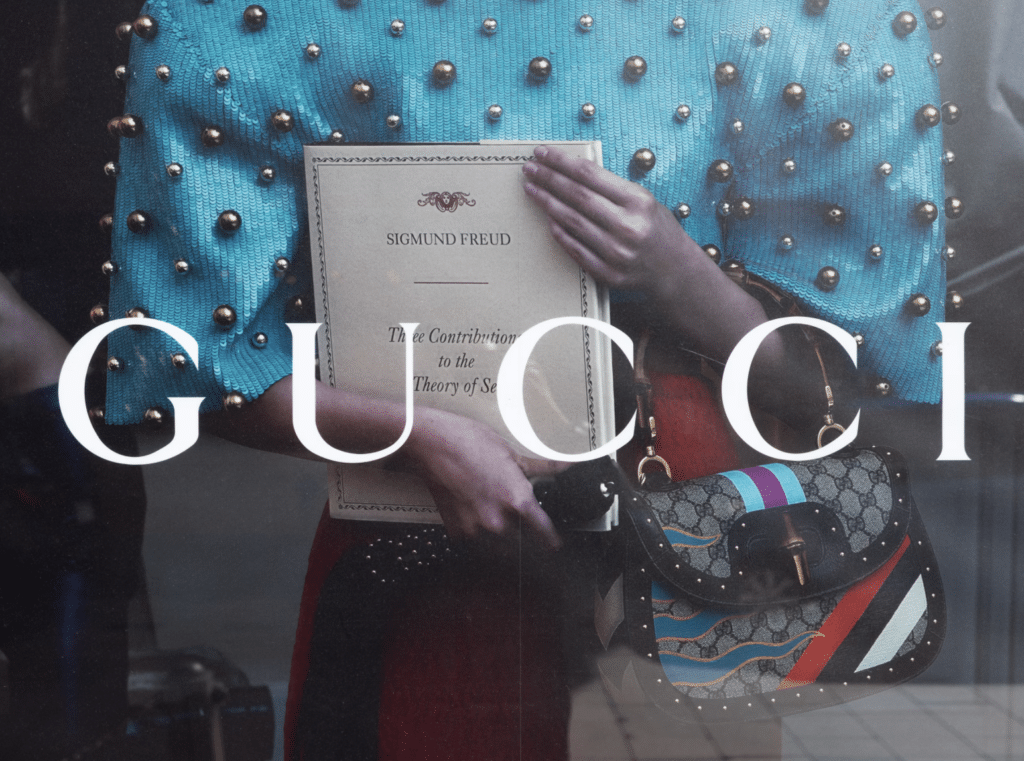LVMH Moët Hennessy Louis Vuitton reported its earnings for the first half of the year on Monday, revealing that like-for-like sales fell by 38 percent to $9.2 billion for the 3-month period from April to June period, and were down by 27 percent for a total of $21.6 billion for the six month period. The Paris-based conglomerate pointed to “good resilience, notably from the major brands” – namely, Louis Vuitton and Dior – “in an economic environment disrupted by the global health crisis.”
In terms of profit, LVMH saw net profit plummet by 84 percent to $613 million, which the Wall Street Journal noted is due, at least in part, to the fact that LVMH “has a harder time cutting costs than its competitors [because its] brands produce most of their products in-house and often directly operate the boutiques where their handbags, high-fashion lines, perfumes, watches and jewelry are sold,” in furtherance of “a strategy favored” by chief executive and controlling shareholder Bernard Arnault in order “to maintain meticulous control over the image of LVMH’s brands.”
Hit by COVID-19-related store closures across the globe and by significantly decreased travel retail sales, LVMH reported that “revenue was notably down in the United States and Europe during the quarter,” and the first half, but noted that “Asia has seen a marked improvement in trends, with a strong rebound in China in particular.” LVMH’s Fashion & Leather Goods business recorded a 24 percent decline in revenue in the first half of 2020, while Perfumes & Cosmetics and Watches & Jewelry saw respective drops of 29 percent and 39 percent for the half year period.
Despite the pandemic, the group – which owns Louis Vuitton, Christian Dior, Celine, Givenchy, Loewe, and Fendi, as well as more than 70 other luxury brands – revealed that Dior, in particular, “showed remarkable resilience, [thereby] confirming its exceptional appeal and gaining market share in all regions.” At the same time, Louis Vuitton – the group’s largest brand – “was able to very quickly transform and boost its customer relationships with a unique, high-quality and highly effective digital clienteling strategy,” according to LVMH, which revealed a “significant acceleration in online sales” across the board. However, that “only partially offset the impact on revenue of several months of store closures.”
Specifically addressing online sales, Sanford C. Bernstein & Co. analysts pointed to the “emergence of e-commerce relative to e-retail (3rd party distribution of products)” for LVMH in a note on Monday, stating that the group’s “management thinks there is a future for brand.com platforms to generate a significant amount of sales alongside brick and mortar, which will remain dominant.” Following an investor call on Monday, Bernstein asserted that LVMH will focus on its own e-commerce rather than on third party distribution channels, which is a potentially negative read-across for [fashion e-commerce platform] Farfetch in the long term.”
As for other business segments, LVMH revealed that its “major Perfumes and Cosmetics brands demonstrated their resilience in the midst of destocking by retailers,” and as a result of “digital developments, online sales grew rapidly for all the Maisons” in this segment. “Skincare made a major breakthrough, with Dior Prestige, Micro-Lotion de Rose and Micro-Huile de Rose continuing their strong development, particularly in Asia,” LVMH stated, while “Fenty Beauty by Rihanna strengthened its positions, in particular with Cream Blush and Bronzer, two products that are now leaders in their categories.” It is worth noting that the only mention of Fenty in LVMH’s 55 page report came by way of a reference to Fenty Beauty, meaning that it made no reference to Rihanna’s year-old Fenty fashion venture.
Still yet, in its “Selective Retailing” division, Sephora “experienced a strong increase in online sales,” while the group’s airport duty free business, Hong Kong-based duty-free shop operator DFS, “was particularly affected by the global health crisis and its economic consequences.”














